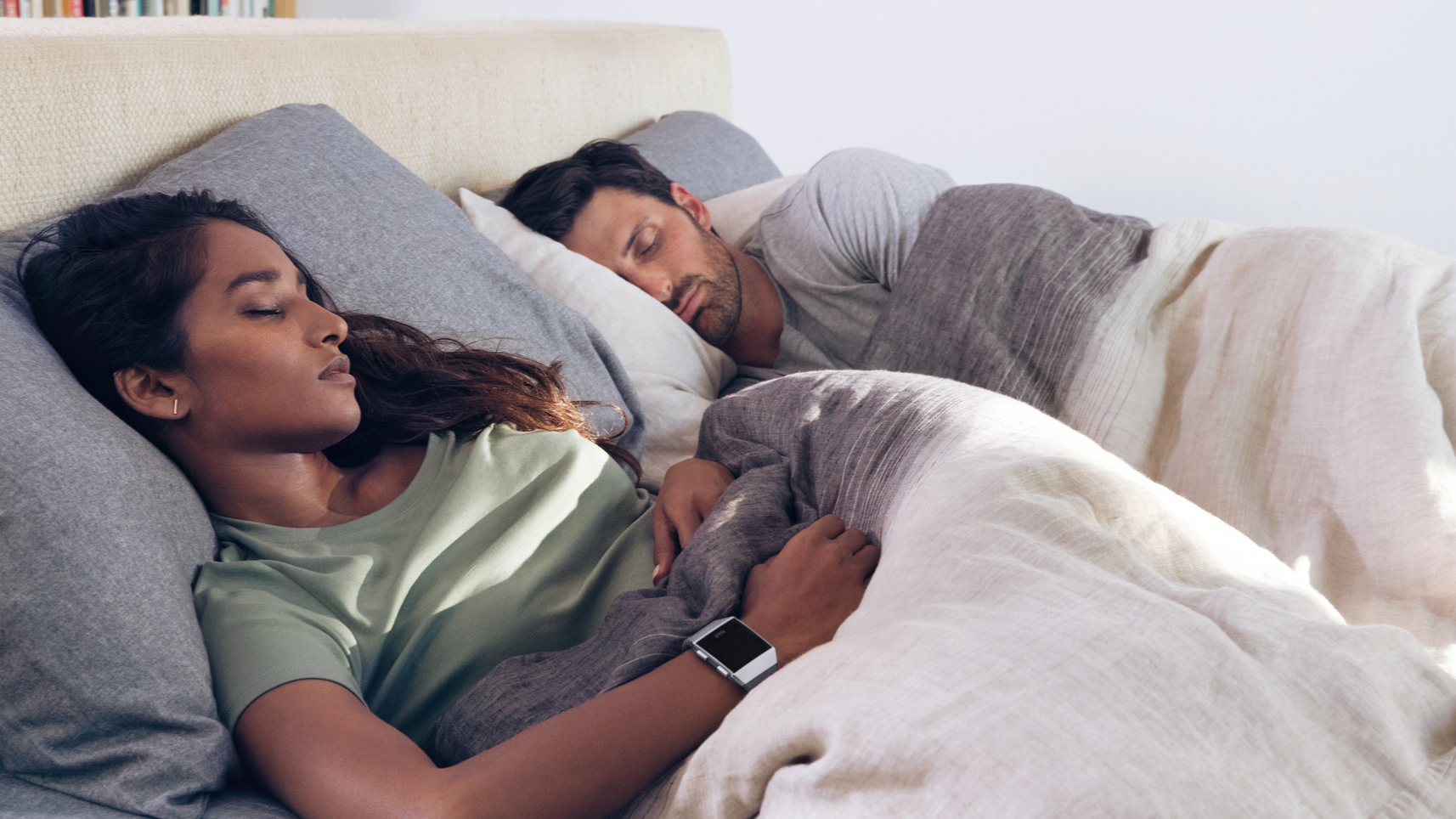Sleep trackers might be ruining your sleep
Sorry sleep-obsessives

Looking to improve your sleep quality with a sleep tracker? You may be doing more harm than good.
A number of sleep scientists, speaking to the New York Times (via Engadget), have warned against the reliability of commercial sleep trackers, saying that imperfect data and obsessive tracking may not be what we need for better sleep.
Dr Kelly Baron at the University of Utah spoke of the disconnect between the sleep that tracker users experienced and what their trackers were telling them, often causing them to seek medical help for nonexistent sleep conditions.
Dr Baron also co-authored a 2017 paper that coined the term "orthosomnia", meaning an "perfectionist quest to achieve perfect sleep" – but one that might ruin your sleep hygiene in the process.
Meanwhile, a research study by fitness tracker brand Fitbit showed that wearable sleep trackers were as accurate as "medical-grade monitoring equipment" 70% of the time, compared to 90% with human analysts.
Late-night track
With the rise of wearable fitness trackers and growth of the health tech industry, sleep has increasingly become the target of commercial interests. Most recently, the Pokémon Company announced an incoming smartphone app called Pokémon Sleep – to help make sleep tracking more fun, we guess?
But turning your own sleep into another data-stream that you keep track of every day might just increase symptoms of anxiety and insomnia – while being glued to your phone before and after a night's rest might be what's keeping you awake.
Get daily insight, inspiration and deals in your inbox
Sign up for breaking news, reviews, opinion, top tech deals, and more.
That's not to say sleep trackers can't do you good; if you struggle to sleep at regular hours, or are struggling to figure out why your sleep is so restless, getting outside help with a smartphone app or wrist tracker might be a smart idea.
Dr Seem Khosla, who holds the position of medical director at the North Dakota Center for Sleep, says that "we need to understand sleep technology – including its limitations – without dismissing this potentially valuable resource.”
- Xiaomi Mi Band 4 vs Mi Band 3: which fitness tracker is for you?
Henry is a freelance technology journalist, and former News & Features Editor for TechRadar, where he specialized in home entertainment gadgets such as TVs, projectors, soundbars, and smart speakers. Other bylines include Edge, T3, iMore, GamesRadar, NBC News, Healthline, and The Times.
